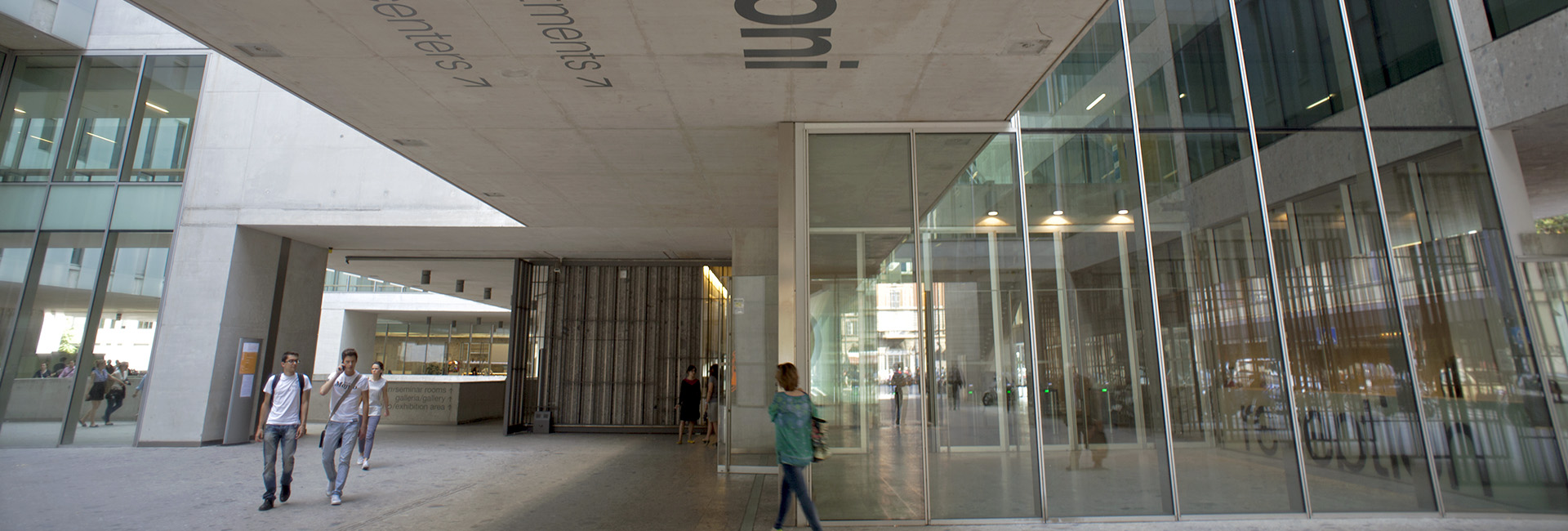8261 - MANAGEMENT OF INTERNATIONAL INSTITUTIONS
CLAPI-LS
Course taught in English
Go to class group/s: 10
International institutions have been the subject of inquiry of many disciplines, including law, economics and political science. In these perspectives, international institutions are often studied and described as "black boxes", or as machine-like entities, or as sets of alliances where power and influence among opposing coalitions of interests are the only relevant variables. Little attention, on the contrary, has been usually devoted to the organizational and managerial functioning of these bodies and to which managerial knowledge and tools may improve the achievements of more satisfactory performances. In the present scenario, however, factors like the increasing width and complexity of tasks, reduction of resources, scrutiny from governments and the civil society are making a managerial assessment and reform of International institutions urgent and acclaimed.
In order to fill the gap and provide a more comprehensive approach, the course addresses both the political and managerial aspects of the management of international institutions. The first part of the course (The Politics of International Institutions) addresses the role of international institutions in a changing pattern of international relations. In particular, it discusses how these institutions concur with other actors - especially States and non governmental organizations - in elaborating and representing political preferences in a �global' context; their specific role in decision-making processes and the links between governmental and non governmental bodies in the formulation and implementation of transnational policies. The second part of the course (The Management of International Institutions) focuses on how organizational and management choices influence the capacity of international institutions to fulfil their mandate and pursue their goals. Management problems, practices and patterns of change are analyzed and discussed taking into consideration the specific institutional setting of these organizations and their approaches to policy design and implementation (program management, project cycle management, network management etc.).
In order to encourage the generation of active learning in an international setting, teaching methods rely heavily on international resources, including guest speakers, analysis of corporate documents, case histories and case studies.
Part 1: The politics of international institutions
- Power and politics in the global political arena
- The role of State actors: evolution and current challenges
- The role of international institutions: governing a changing world
- The role of NGOs: between representation and implementation
Part 2: The management of international institutions
- Institutional setting and implications for management
- Functions, governance and strategic management
- Funding and financial management
- Organizational arrangements
- Human Resource Management
- Marketing and Communication Management
- Program management and Project Cycle Management
- Change Management
Learning assessment will be based on three areas:
- Class participation
- Individual and/or group assignments
- Written exams (one for each part)
Further details will be available at the beginning of the course.
- A collection of reading materials will be available at the beginning of the course as well as an indication of required and optional textbooks.





